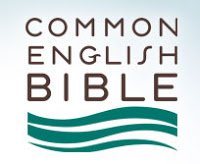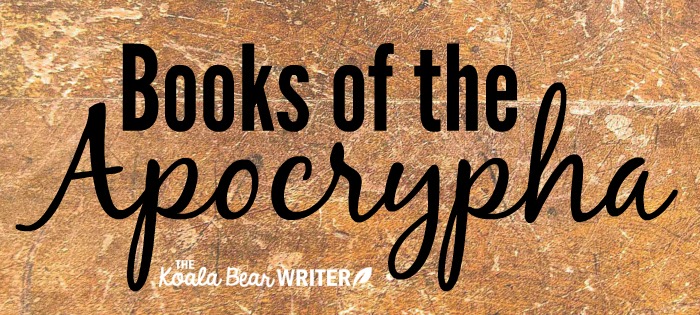The Book of Wisdom, sometimes called The Wisdom of Solomon, personifies wisdom as a woman and looks at her role in human history, particularly the history of the Israelites during the Exodus. It opens by saying, “You who judge the earth, love what is right. Set your mind on the Lord in goodness. Seek him with a sincere heart. Those who don’t put the Lord to the test will find him. He makes himself known to those who trust him.” (Wisdom 1:1-2 CEB).
Like Song of Songs and Ecclesiastes, this book claims to be authored by Solomon, but was actually written much later (likely during the first century BC) by a Greek Jew. Because the book has less of a story than Tobit, Judith, or Esther, I found it took much longer to read. Some parts I even found confusing and wished that my Common English Bible had study notes or at least book introductions. I used the New Jerusalem Bible to find out more about this intriguing book of the Apocrypha.
The NJB explained that Wisdom is broken into three parts. The first part “explains the function of Wisdom in human destiny and compares the fate of the good and the bad during life and after, ch. 1-5.” I found this discussion of eternal life interesting, as very few books of the Bible explicitly talk about life after death. For example, Wisdom 2:23-24 (CEB) says, “God created humans to live forever. He made them as a perfect representation of his own unique identity. Death entered the universe only through the devil’s envy. Those who belong to the devil’s party experience death.”
The second part of Wisdom, “ch. 6-9, treats of the origin and nature of Wisdom and of how it is to be won. The last section, ch. 10-19, celebrates the part played by Wisdom and by God in the history of the chosen people.” I found that this last part gave me a unique perspective on some Bible stories that I’m very familiar with. Even within these three parts, the “unity of authorship is apparent in the closely knit composition of the book and also in the consistency of a literary style which is supple and expressive and, when need arises, rhetorical” (NJB).
 I also found it interesting how much of the book is addressed to God. One of my favourite sections came in chapter 12: “By your actions, you taught your people that those who do what is right must always want what is best for others. Your sons and daughters saw that you give to those who have sinned a chance to change their hearts and minds. In this way you encouraged them. They knew if you gave their enemies the opportunity to free themselves from evil, punishing them with such care, and even letting them go free when they clearly deserved death, how much more care would you exercise in judging your children, to whose fathers you had given such rich promises by means of solemn pledges and covenants?” (12:19-21 CEB).
I also found it interesting how much of the book is addressed to God. One of my favourite sections came in chapter 12: “By your actions, you taught your people that those who do what is right must always want what is best for others. Your sons and daughters saw that you give to those who have sinned a chance to change their hearts and minds. In this way you encouraged them. They knew if you gave their enemies the opportunity to free themselves from evil, punishing them with such care, and even letting them go free when they clearly deserved death, how much more care would you exercise in judging your children, to whose fathers you had given such rich promises by means of solemn pledges and covenants?” (12:19-21 CEB).

4 Comments
Rose City Reader – I’ve never read most of the Apocrypha before, so I thought it would be fun to share what I’m learning. It also makes me think harder about what I’m reading.
Creations – thanks for visiting in return! 🙂
JC Jones – yes, Wisdom has been a more thought-provoking books than the other books of the Apocrypha I’ve read so far.
Interesting book to share. That one takes a lot of study. Thanks for sharing.
Interesting…thanks for sharing.
And thanks for visiting my blog.
What a great idea for a blogging project — to read the books of the bible as books. So simple. But so cool.
Thanks for joining me on Book Beginnings! I am very excited to take over hosting duties.
Rose City Reader